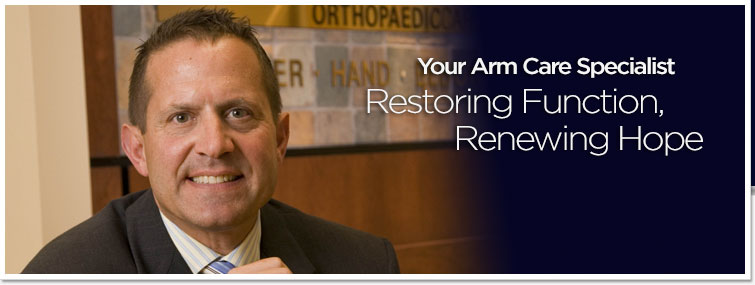NOTICE:
Our Practice has MOVED
Our new location is:
Suite 405
1815 South Clinton Ave
Rochester, NY, 14618.
The NEW phone number is 585-565-3500
Our Practice has MOVED
Our new location is:
Suite 405
1815 South Clinton Ave
Rochester, NY, 14618.
The NEW phone number is 585-565-3500

For appointments call
585.565.3500
Fax Number:
585.434.4081
585.565.3500
Fax Number:
585.434.4081

Empathy
May 11th, 2014
According to Webster’s dictionary, the definition of Empathy is the feeling that you understand and share another person’s experiences and emotions—the ability to share someone else’s feelings. The origin is Greek; empatheia---passion, and from empathies—emotion.It is actually a very complex word since being empathic is more than the action of understanding, being aware of, and sensitive to the feelings of others. It entails actually having the capacity to vicariously experience the feelings, thoughts, and experiences of another---either past or present---without having them necessarily fully communicated in an explicit manner.
Nobel Peace prize winner Bishop Desmond Tutu once said: “A person is a person through other persons: You can’t be human in isolation; you are human only in relationships.”
Indeed, it is only through personal connection that we truly influence and lead. This requires authenticity---which requires that we not judge others, and that we not judge ourselves. The only way to practice the highest level of empathy is to be aware of our own tacit assumptions and biases, and the significant role each may play in our interpretation of people and situations.
Absent this level of reflection, we may unknowingly judge people and misperceive their intention. This undermines our effectiveness and influence.
How does this impact on my practice as an Orthopaedic Surgeon, and shoulder, hand and elbow specialist?
Our training understandably emphasizes the development of technical skills and the accumulation of knowledge. The culture in University academic practice—where I spent my 1st 15 years—rewards personal accolades such as grants, papers published, and podium presentations given. Our advancement from instructor to assistant professor and all the way up to full professor requires proof of our knowledge and expertise—and personal academic accomplishments are currency. While it is assumed that these types of professional accomplishments denote clinically relevant success, this may not always be the case. And, it requires us to define what “clinically relevant success means.” Does it mean an objective surgical or nonsurgical outcome such as a healed fracture, resolved pain or numbness, or improved strength and range of motion, for example? Or does it boil down to the fundamental metric of whether you, as a patient, are satisfied: did we as the expert listen enough? Was our true intention to be caring and empathic perceived?
When I left university practice 6 years ago I am certain that my intention was to be not only the best technician and diagnostician, but also to be caring and compassionate. I have come to appreciate, however, that my “expertise” and standing as an expert may have had some unintended effects over the years. I may have developed the sense that my technical skills as a surgeon and my knowledge as an upper extremity expert trumped more qualitative skills such as empathy and attentive listening. Indeed, the latter are every bit as important to your satisfaction as a patient. Moreover---connecting with my patients absolutely requires these. I have come to understand that my authenticity and values are only as meaningful as they are adequately interpreted and modeled in practice.
This means taking the time each and every day to connect with my patients as people---which is what Bishop Tutu expressed in the quote above. Though I began Tomaino Orthopaedic Care 6 years ago because I deeply felt this---and I continue to-- the demands of practice may, at times, have challenged the uncompromised expression of my values of servant leadership—through stressful times or situations. Fortunately, through reflection and deliberate practice over the past few years, my awareness of how much I can help my patients beyond my Orthopaedic expertise and experience has refueled my commitment to measure my success based on their perception. In that light, I measure how well I am doing through patient satisfaction surveys administered after every visit. Soliciting feedback allows me to improve how I am doing.
Having the capacity to vicariously experience the feelings, thoughts, and experiences of another---either past or present---without having them necessarily fully communicated in an explicit manner provides me with the opportunity to connect in a way that I may not have appreciated earlier in my career. Maybe I felt I was too busy, or that patients saw me just for my professional competencies.
My enthusiasm and desire to practice for many more years rests on my rejuvenated appreciation of how fulfilling it is to connect. The reason for a visit may be a hand, shoulder, or elbow problem-------but the relationships we build extend beyond that. I feel blessed to have this privilege, and my team and I model our shared values of servant leadership daily.
Replies
No replies!



